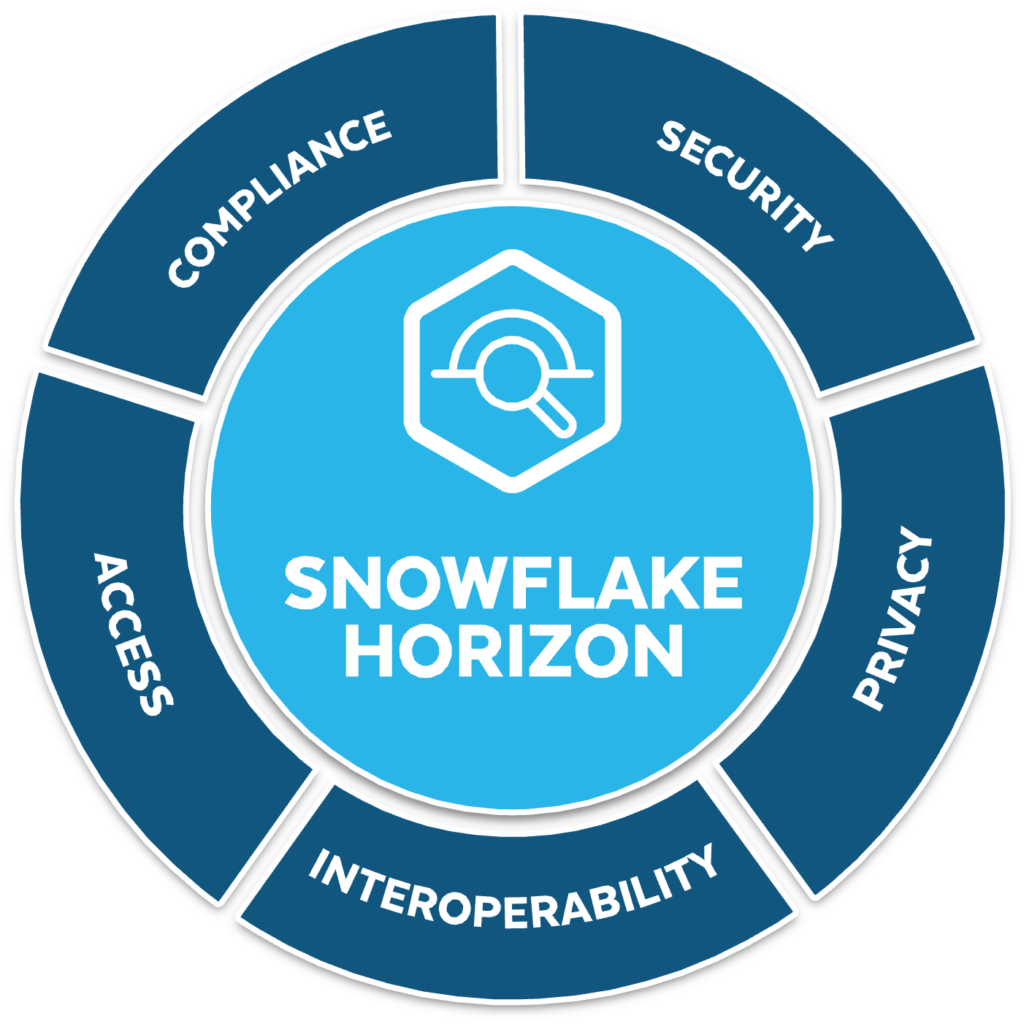Deciding what data should be stored digitally is a multi-faceted issue facing many organizations. There exists a fiduciary responsibility for your data and the data of your customers. So, data privacy is a serious and necessary consideration.
While you can control who can access the data you store, data privacy, security, and confidentiality are crucial. Not only does this help safeguard the data from external and internal dangers but it also helps determine which people should have access to sensitive data.
In a more concrete sense, data privacy refers to components of the management system that surround sharing data and information with third parties, how and the location it gets maintained, and the applicable legislation governing those procedures.
This article will discuss the basics of data privacy by covering the following topics:
What is Data Privacy?
The definition of data privacy is a subfield of data security that focuses on the appropriate protection of sensitive data. This focus includes, most notably, private information and other sensitive material, such as certain financial and intellectual property data. It aims to meet regulatory standards and safeguard the privacy, security, and integrity of any sensitive data.
Another aspect of data privacy revolves around giving individuals the option to select the degree of private details they are willing to share and to whom those details can be disclosed. Many people who use the internet desire to regulate or prevent personal data collection, much like someone might choose to keep certain discussions private.
What is the Difference Between Data Privacy and Data Security?
Data privacy focuses on the rights of persons, the reason for collecting and processing information, individuals’ decisions regarding their privacy, and how organizations manage personally identifiable information (PII). It concentrates on how you can collect, process, share, archive, and delete data in a manner that is compliant with the law.
Data security refers to a collection of standards, various protective measures, and safeguards that an organization implements to avoid unauthorized access to electronic data by a third party and any deliberate or accidental alteration, erasure, or disclosure of information. This includes the prevention of data breaches.
Data privacy and security are needed to safeguard sensitive data appropriately and comply with any applicable legislation.
Data Collection and Data Privacy Issues
Below are the biggest data privacy issues that you must address.
- The largest problem with data privacy and security is human mistakes. People who lack knowledge or awareness may use weak passwords, accidentally delete the data, fall victim to phishing schemes, have access to privileged accounts, or surf websites that are inappropriate for the job.
- Over the years, the amount of data collected has increased rapidly, and inadequate security procedures still put firms in danger of a data breach. The amount and accuracy of data in a technologically advanced society make it difficult to manage and secure data at scale.
What is a Data Privacy Breach?
A data privacy breach occurs when information is stolen or removed from a database without the awareness or authority of the system’s administrator. A breach can happen when someone hacks into the system or steals the information themselves. Any size of business or organization is susceptible to having its data compromised. The information contained in stolen data may be critical, private, or classified. Some of the data could include credit card information, client information, corporate secrets, or even topics about national security.
The target company’s reputation may suffer due to a data breach because customers may view the incident as a betrayal of confidence, which might be one of the negative repercussions of the data privacy breach. If hackers took the records in question, the victims and their customers could experience financial losses.
What is a Data Privacy Statement?
A website, firm, or establishment should have a document called a data privacy statement outlining data collecting and usage practices. Moreover, they should have a privacy statement that describes the types of information they gather, how that information gets used, and whether or not it is shared or sold. The term privacy policy or privacy declaration is frequently used interchangeably with a data privacy statement. Data privacy statements are commonly needed and required by law.
Why is Data Privacy Important?
As data privacy issues continue to emerge as the world turns digital, it is increasingly important to strengthen data privacy processes. Regulations are in place to preserve people’s right to privacy, which is widely regarded as an essential human rights component. These regulations continue to expand across industries and geographic regions.
Data privacy is particularly crucial since, for a person to give you their data, they need to believe that you will handle their data privacy appropriately. This method requires individuals to have confidence in the privacy and security of their data. Data protection measures are one method that companies employ to persuade their clients and customers that they can entrust them with user privacy and their personally identifiable information.
The need for data privacy security and data privacy protection has grown in tandem with the rise in the prevalence of Internet use over the past several years. To deliver services to its users, websites, programs, and social media sites frequently need to gather and keep users’ PII. Users may find that certain applications and platforms capture and use their data in ways that go beyond their expectations, leaving them with less user data privacy and user data protection than they were aware they had.
There is also a possibility that some platforms and networks do not implement sufficient measures around the information that they gather. This can lead to a data breach that violates user data and privacy while also reducing consumer confidence in any data collection activities.
Data Privacy Laws
A way to protect customer data privacy is by implementing data privacy laws. The following are some of the most effective legal systems to safeguard privacy and data.
General Data Protection Regulation (GDPR)
The General Data Protection Regulation, or GDPR, establishes rules for the collection, storage, and processing of personal information on individuals who are data subjects in the European Union. This option includes giving data subjects the right to have their personal information deleted.
Numerous nations, like Canada, Japan, Australia, Singapore, and others, have specific data protection regulations. Some of them, like the UK’s Data Protection Act and Brazil’s General Law for the Protection of Personal Data, are extremely comparable to the GDPR.
California Consumer Privacy Act (CCPA)
The California Consumer Privacy Act or CCPA offers customers authority over their private information, including the right to request that firms not market their data. It also mandates that companies inform consumers of the types of personal data they gather.
Health Insurance Portability and Accountability Act (HIPAA)
In certain nations, privacy guidelines are also particular to certain industries. For example, in the United States, the Health Insurance Portability and Accountability Act, also known as HIPAA, mandates the proper management of private healthcare information.
Governments all over the world are considering implementing additional data privacy regulations.
What is the Data Privacy Act?
As a result of the improvements in data collection brought about by technological advancements, governments worldwide began to pass laws to regulate the types of data you can gather, how it gets used, and how data must be retained and protected. When someone uses, keeps, or handles personal information in the United States, they are subject to the requirements of the Data Privacy Act (DPA). The DPA applies to any entity that is responsible for the processing of personal data.
What is Data Privacy in Healthcare?
When patients see a medical professional, they frequently reveal information about themselves that they would not necessarily discuss with anybody else. They have a right to be certain that their healthcare professional will not disclose any of their health information to third parties without receiving the patient’s explicit consent.
Protecting patient data and medical information in healthcare requires implementing a comprehensive set of policies, laws, and guidelines to ensure that only those individuals and organizations who have received permission do so.
Importance of Data Privacy in Healthcare
- Prevent penalties for noncompliance: The government takes non-compliance seriously, which is why patient privacy rules and laws exist. Penalties for noncompliance vary depending on seriousness of the problem.
- Increase consumer and patient trust: Patients are more inclined to divulge highly private information to their doctors than other people. The provider’s confidentiality of any health-related information is crucial to maintaining the patient’s faith in them.
How to Comply with the Data Privacy Act
The five pillars of a compliance framework for ensuring DPA requirements are met, are as follows:
- Establish the position of Data Privacy Officer.
- Carry out Privacy Impact Analyses as required.
- Develop a Program for the Management of Privacy.
- Deploy Data Privacy and Information Safeguards.
- Prepare for a Data Breach.
Infractions of the DPA can result in sentences of imprisonment ranging from one year to seven years, in addition to fines ranging from hundreds of thousands to millions.
Conclusion
Consumers care about data privacy as it is a means of protecting their private information from unauthorized access. Governments around the world understand this desire for data privacy and continue to expand data privacy regulations.
Satori is a data security platform that helps to keep data private and secure, while accelerating data use in organizations. Schedule a demo with one of our DataSecOps experts to learn how to enable data sharing and use at scale without compromising on data privacy.



